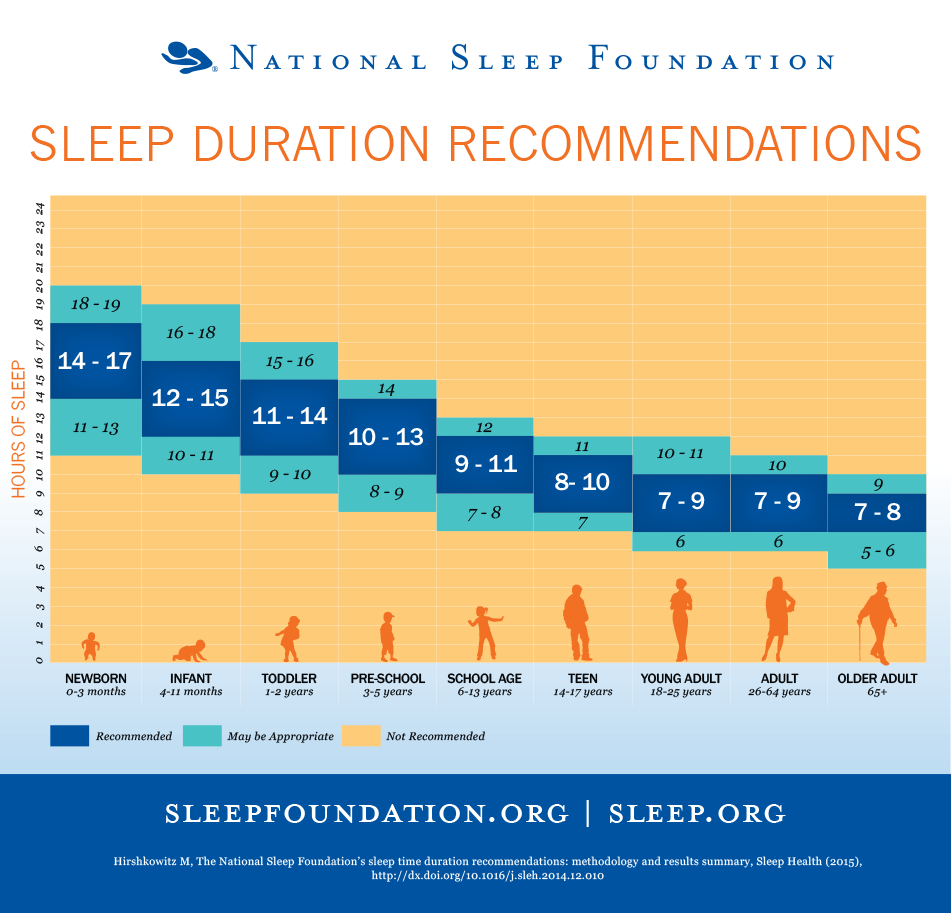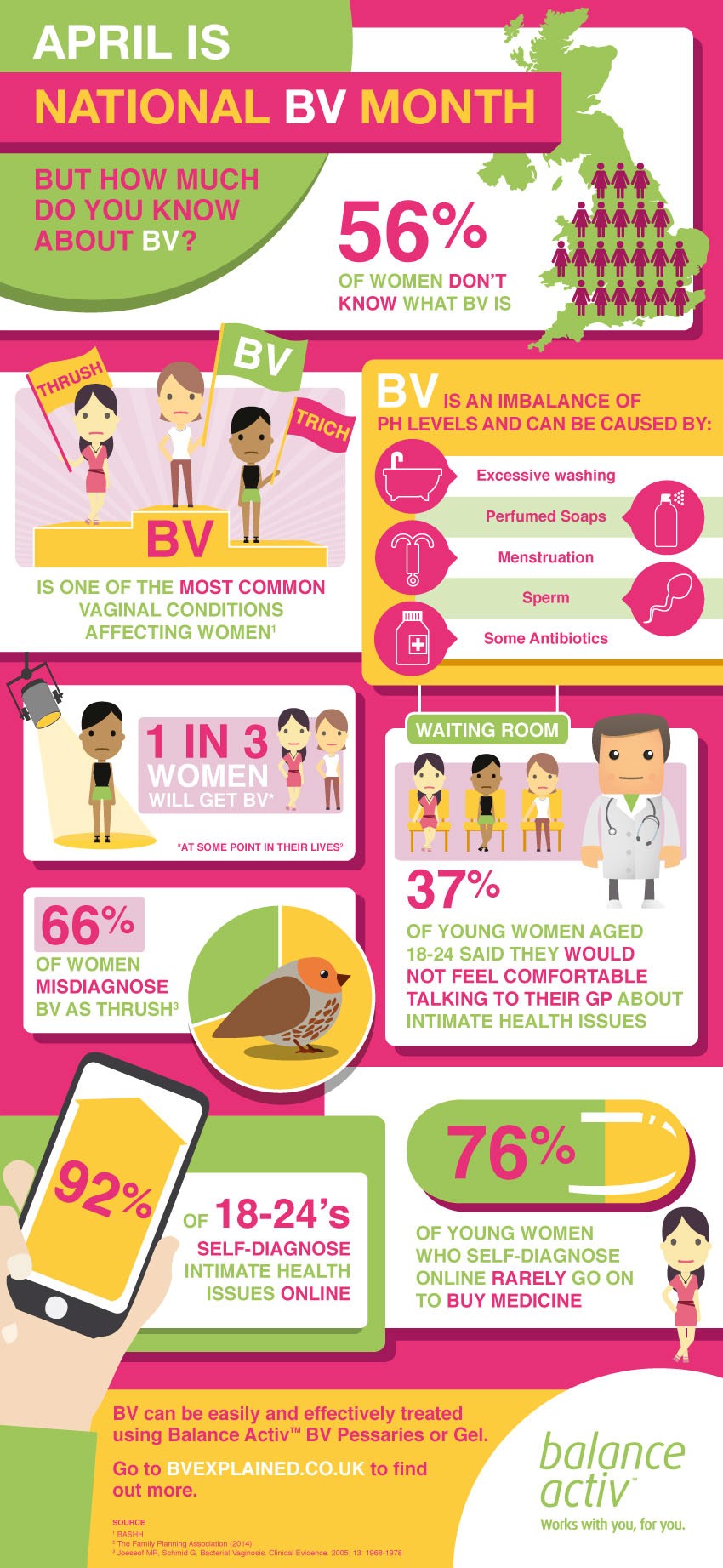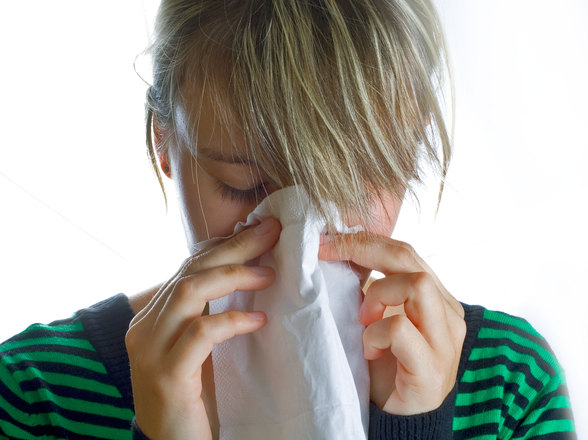We have some good news for the five million people in England who suffer from hypertension (high blood pressure) – cherry juice could help lower high blood pressure. 
Researchers have found that drinking cherry juice is just as good as taking blood pressure medication.
A study found that people who drank 60ml of cherry concentrate, diluted with water, saw their blood pressure drop by 7% in 3 hours.
If high blood pressure is left untreated it can increase the risk of heart failure, kidney disease, stroke, heart attack and dementia.
But drinking 60ml of cherry concentrate can reduce the risk of a stroke by 38% and heart disease by 23%.
The scientists think that cherry juice has a strong impact on blood pressure because it is rich in phenolic acids.
Study leader Karen Keane, whose work was funded by the Cherry Marketing Institute in the US, said: ‘The majority of cardiovascular disease is caused by risk factors that can be controlled, treated or modified.
These include high blood pressure, cholesterol, obesity, tobacco use, lack of physical activity and diabetes.
Raised blood pressure is the leading cause of deaths from cardiovascular disease, yet relatively small reductions in blood pressure can have a large impact on mortality rates.
The magnitude of the blood pressure lowering effects we observed was comparable to those achieved by a single anti-hypertensive drug and highlights the potential importance that Montmorency cherries could have in the effective management of high blood pressure.’
Co-author Professor Glyn Howatson added: ‘This is the first study to investigate the acute effects of Montmorency tart cherry consumption on blood pressure, arterial stiffness and microvascular vasodilation in males with early hypertension.
This exciting set of data complements a growing body of research to show that eating the right sorts of foods can provide potential health benefits.
We believe these benefits might be linked to the combined actions of some of the plant compounds within the Montmorency concentrate and the positive impact they exert on vascular function.’
This is good news for those who suffer from the side effects of blood pressure medication. Some blood presure medicine can cause erectile dysfunction and depression.
If you have any concerns regarding high blood pressure, please see your GP.
If you are currently taking medicine for high blood pressure, you should not stop taking this for cherry juice.
To read more CLICK HERE.
If you think you suffer from erectile dysfunction, please go to www.ukmeds4u.com for your free online private consultation.







